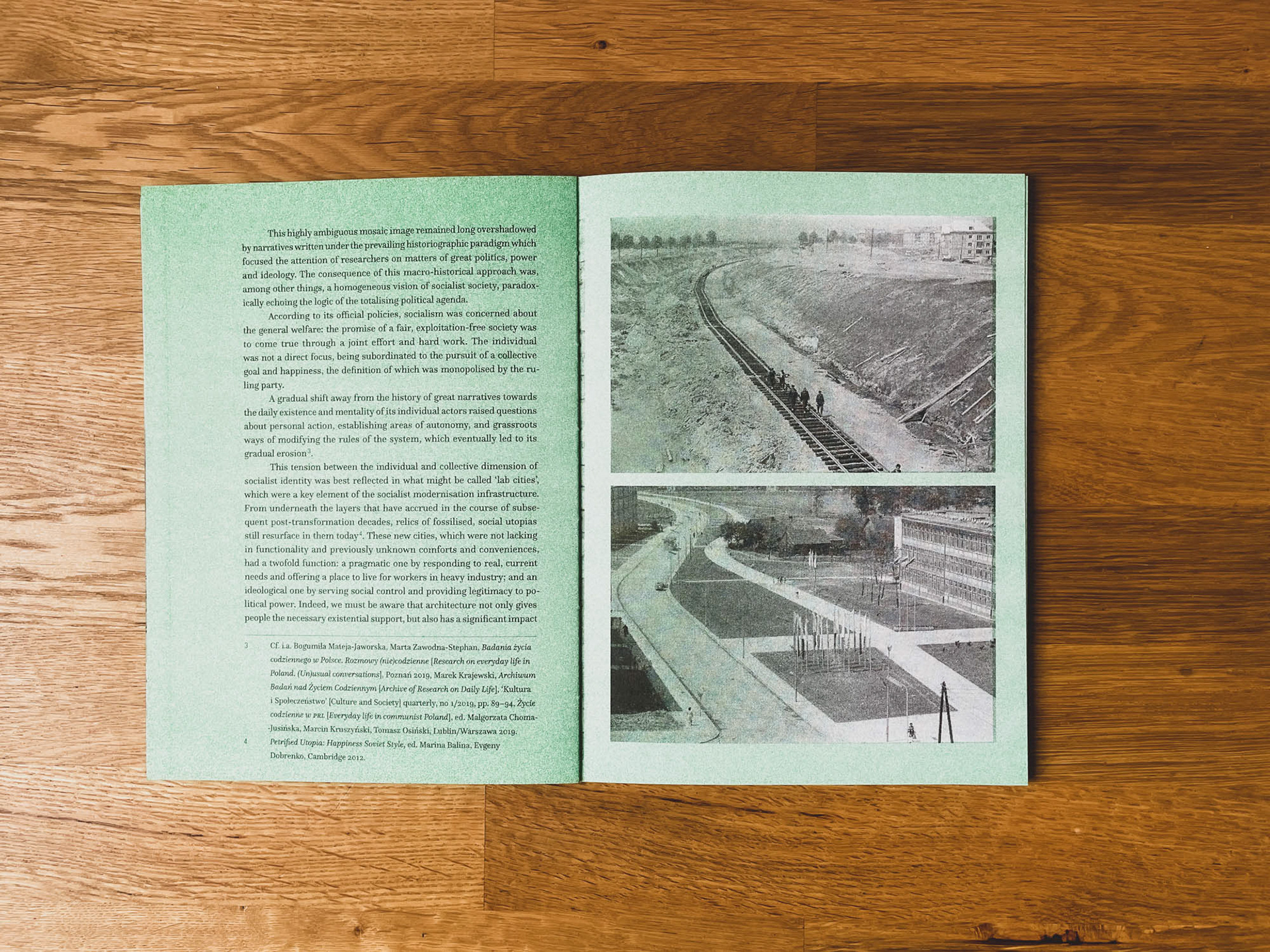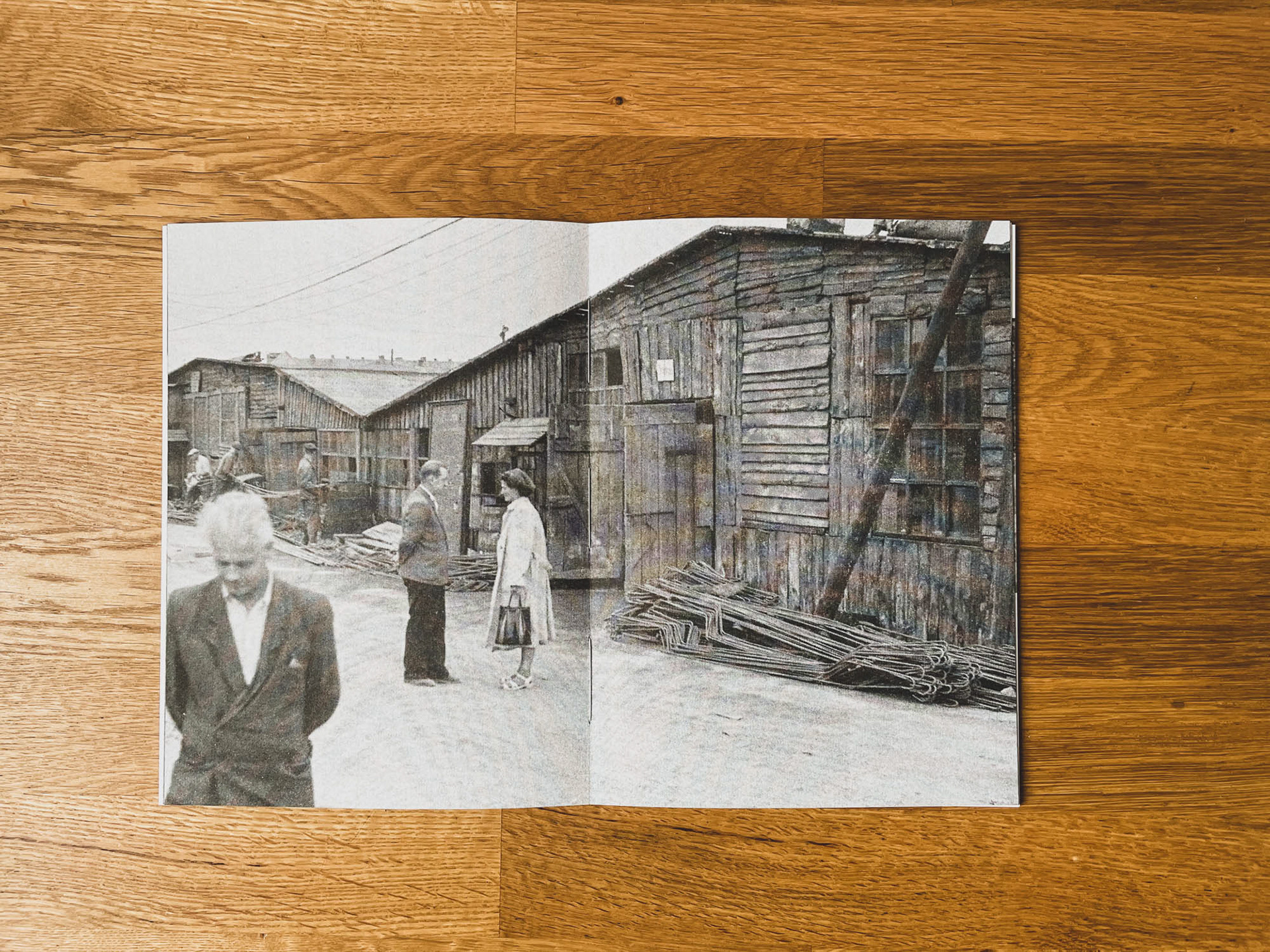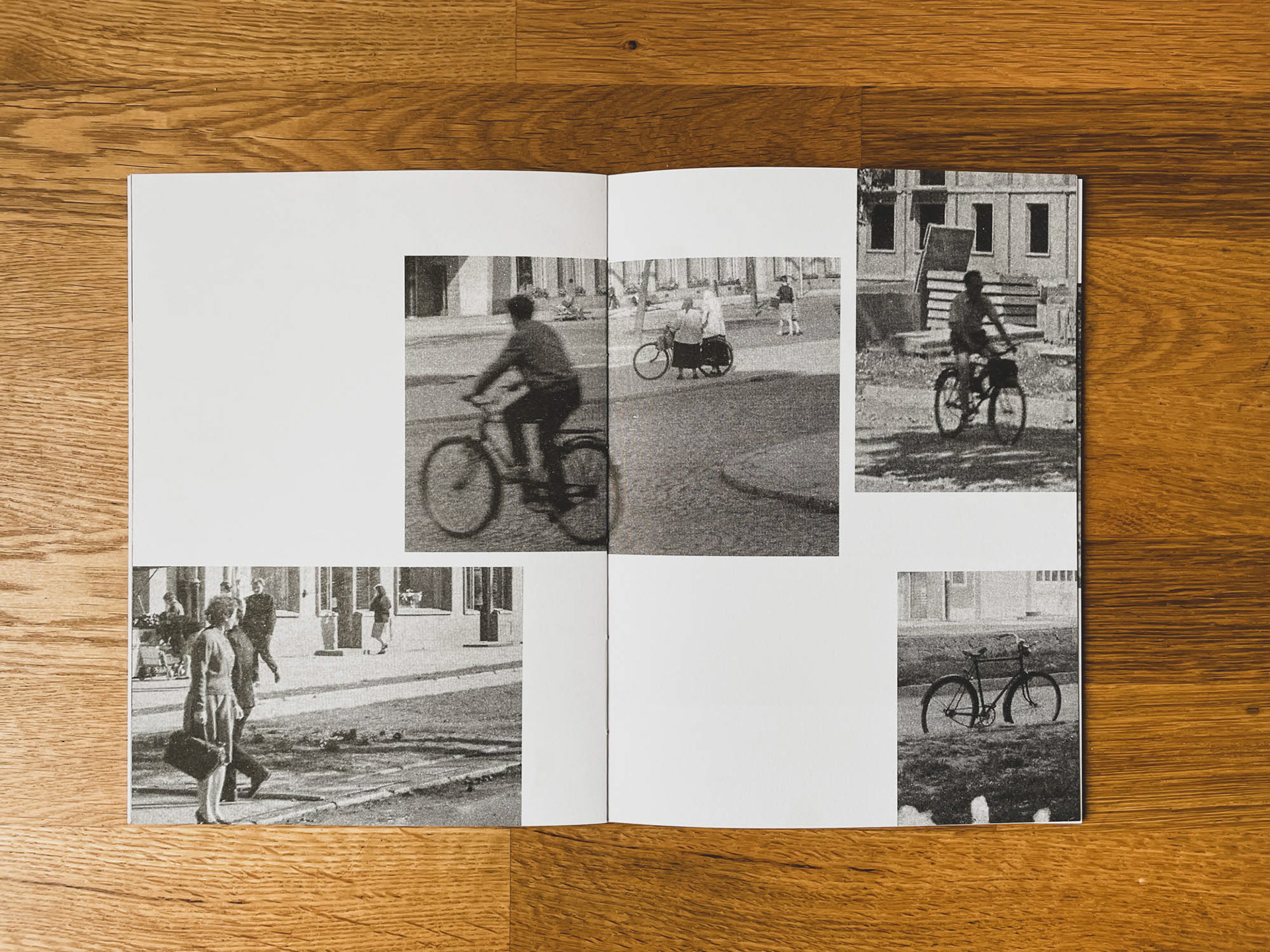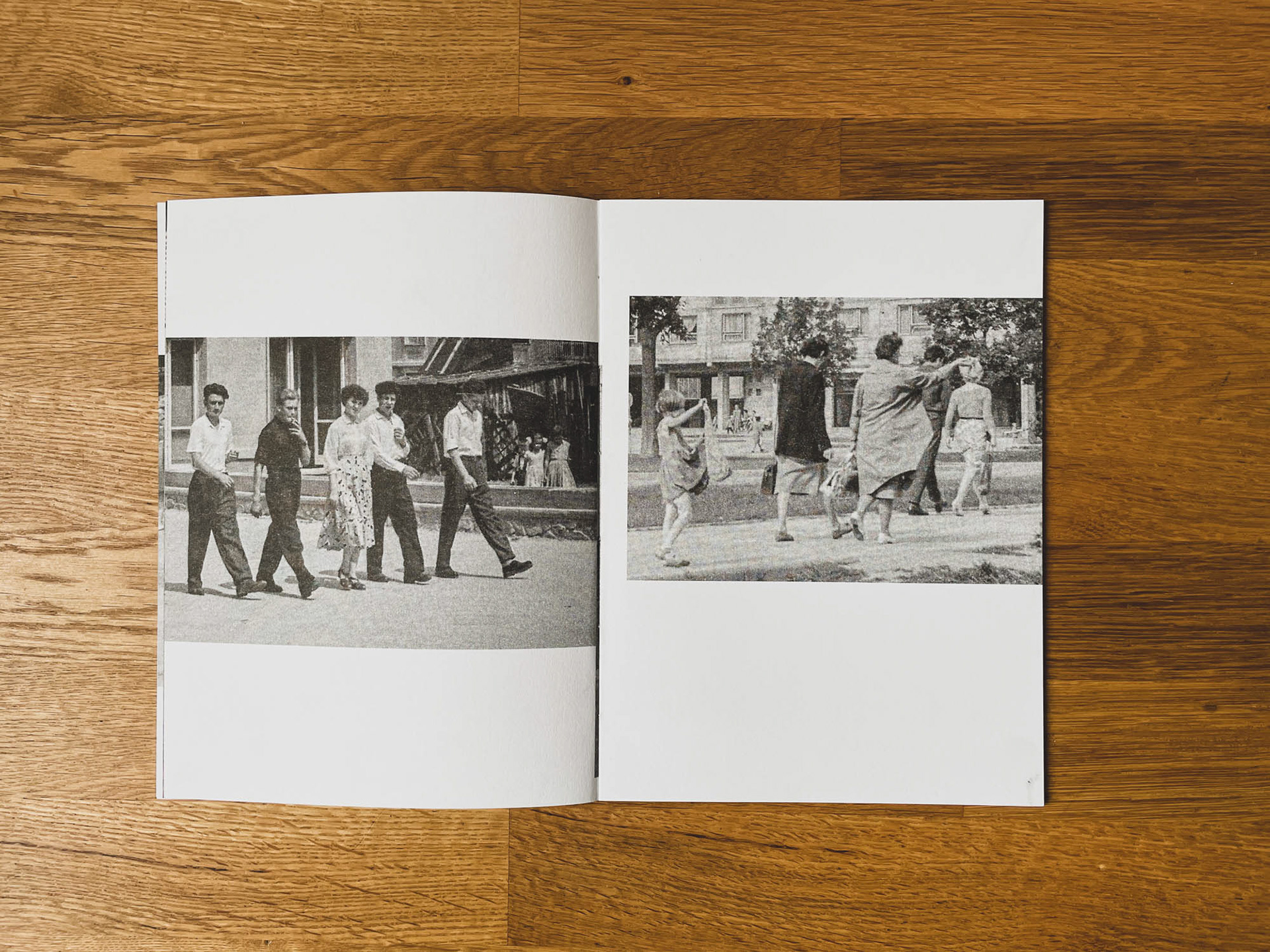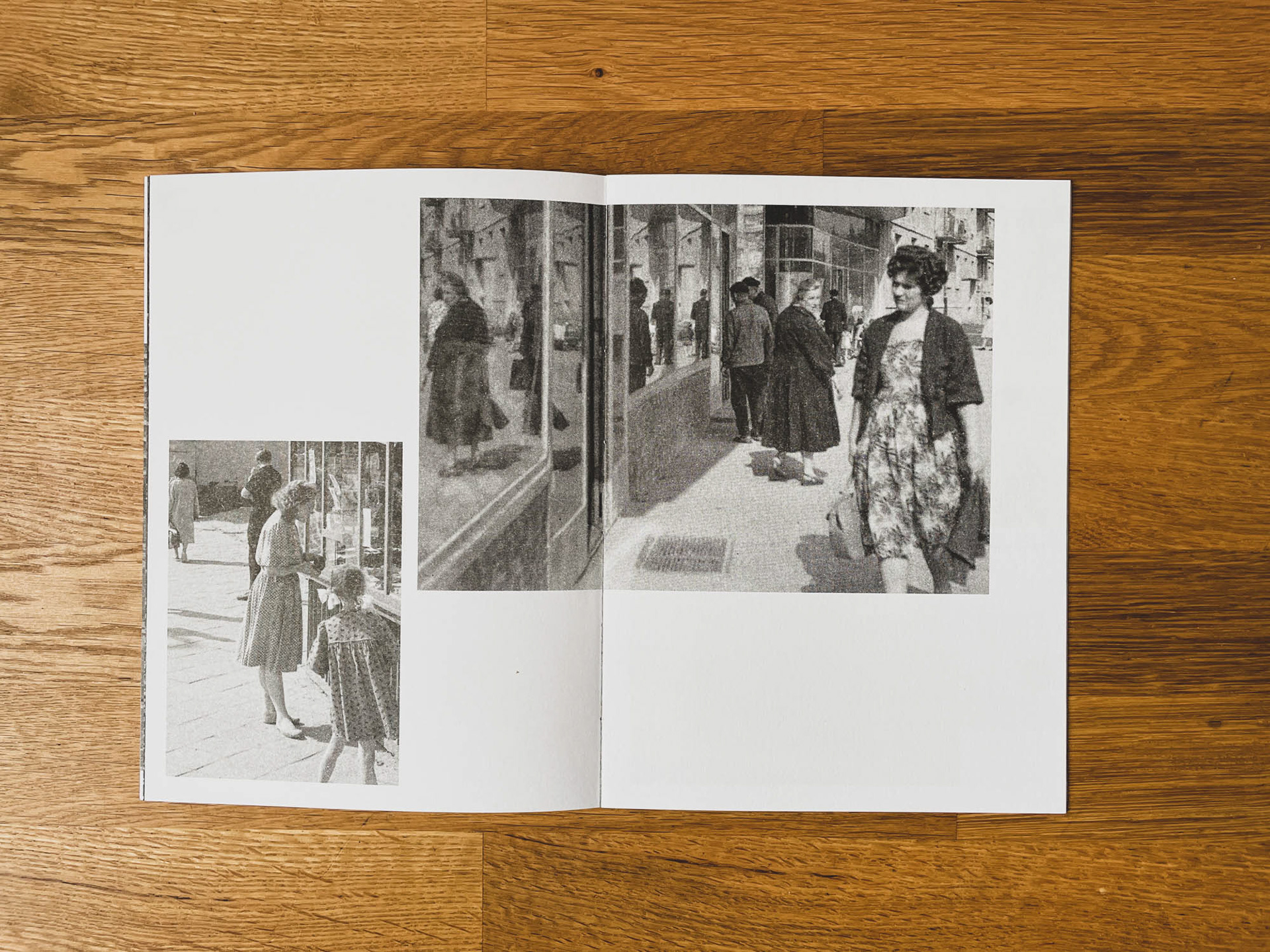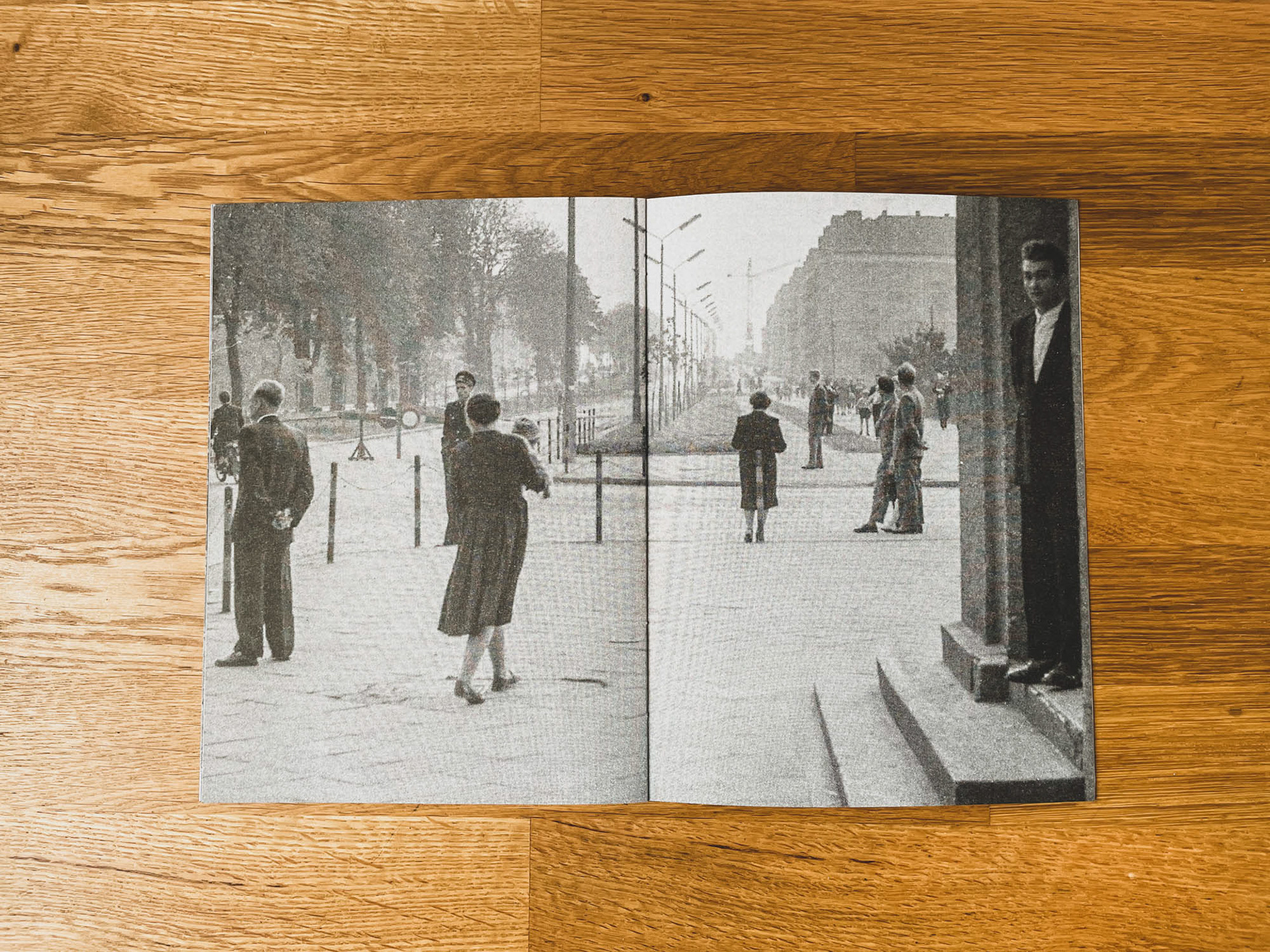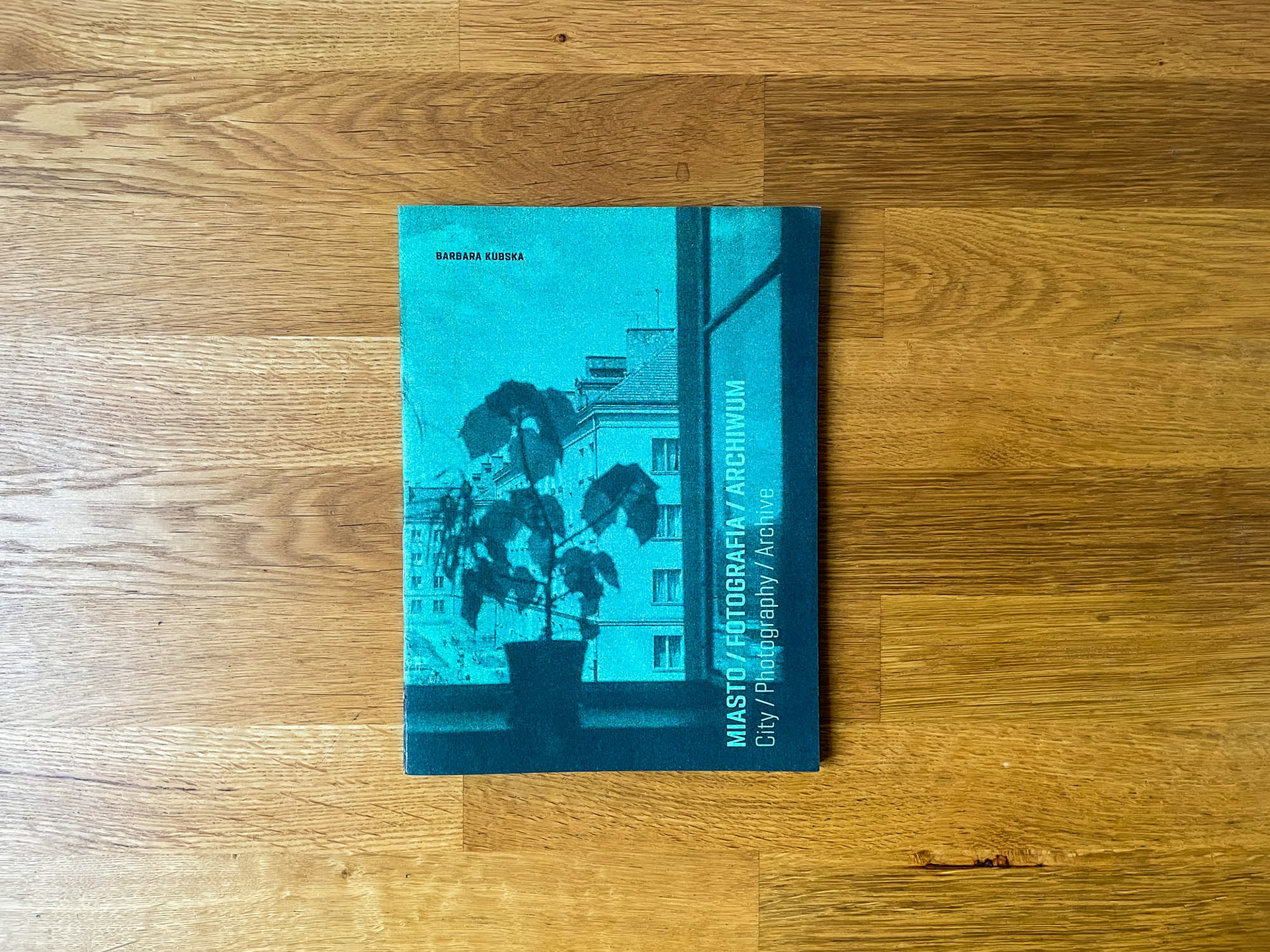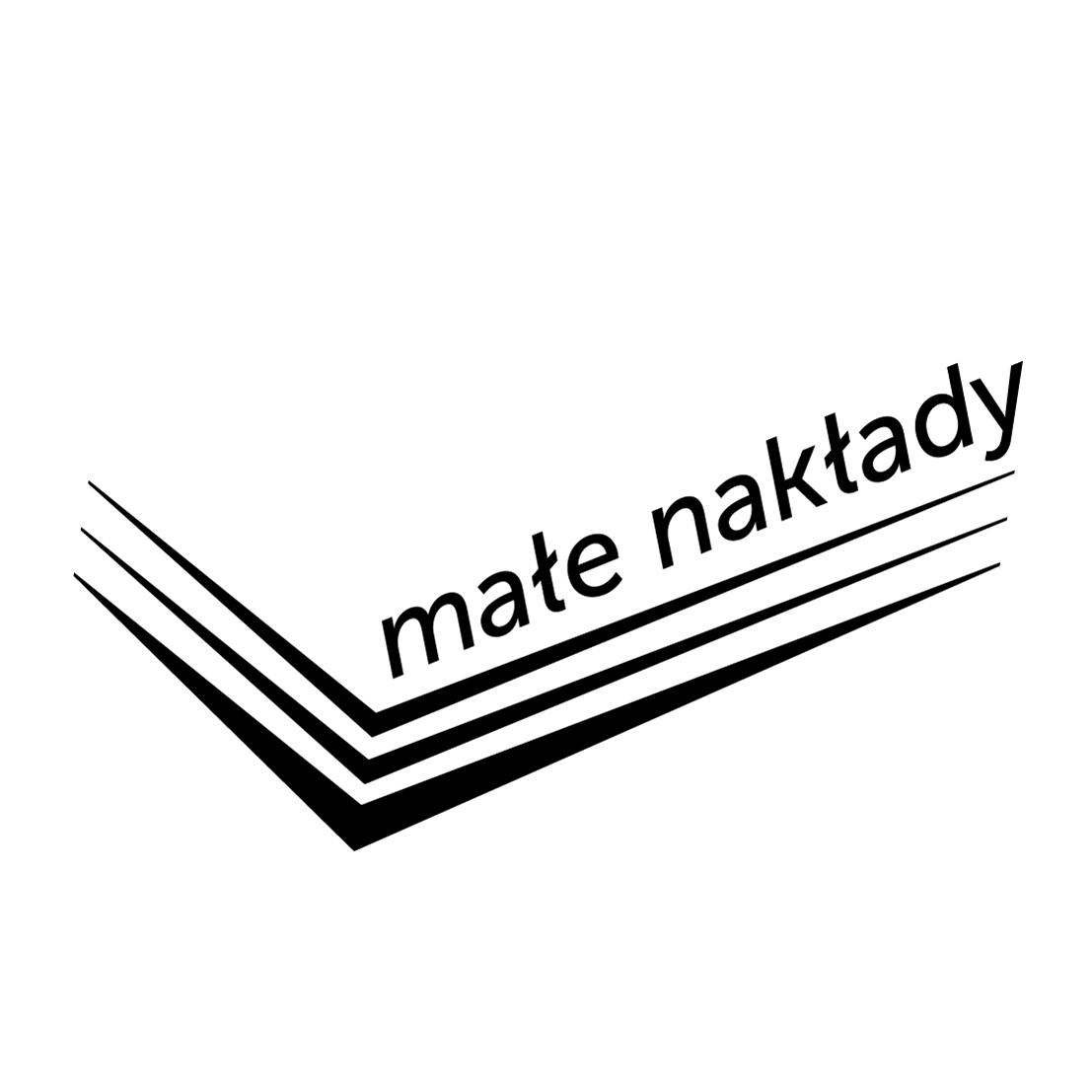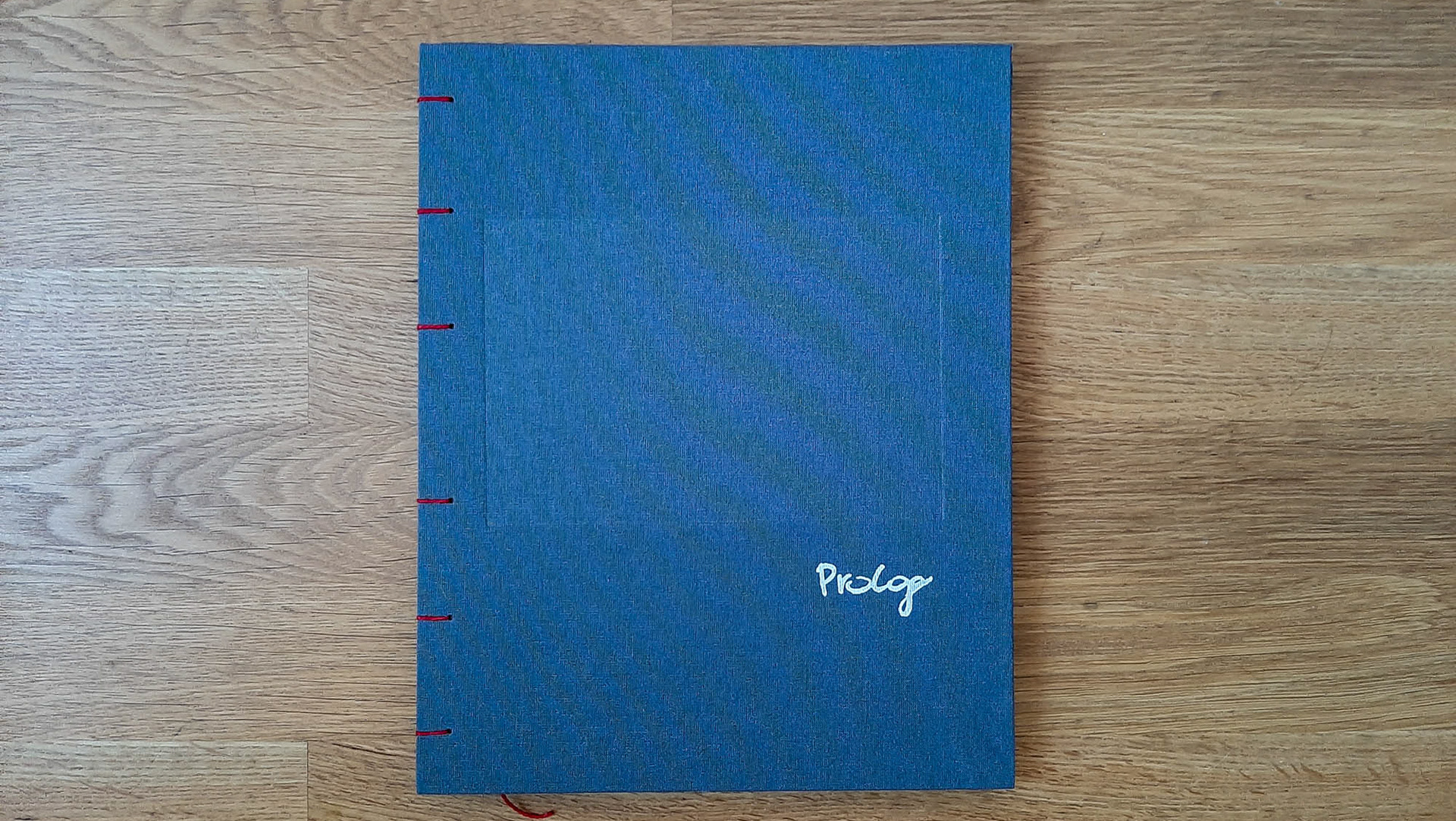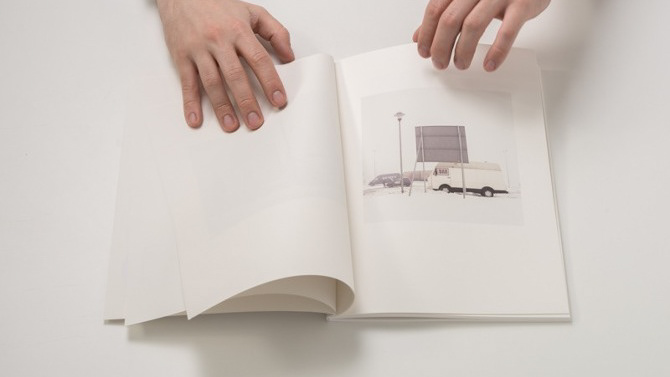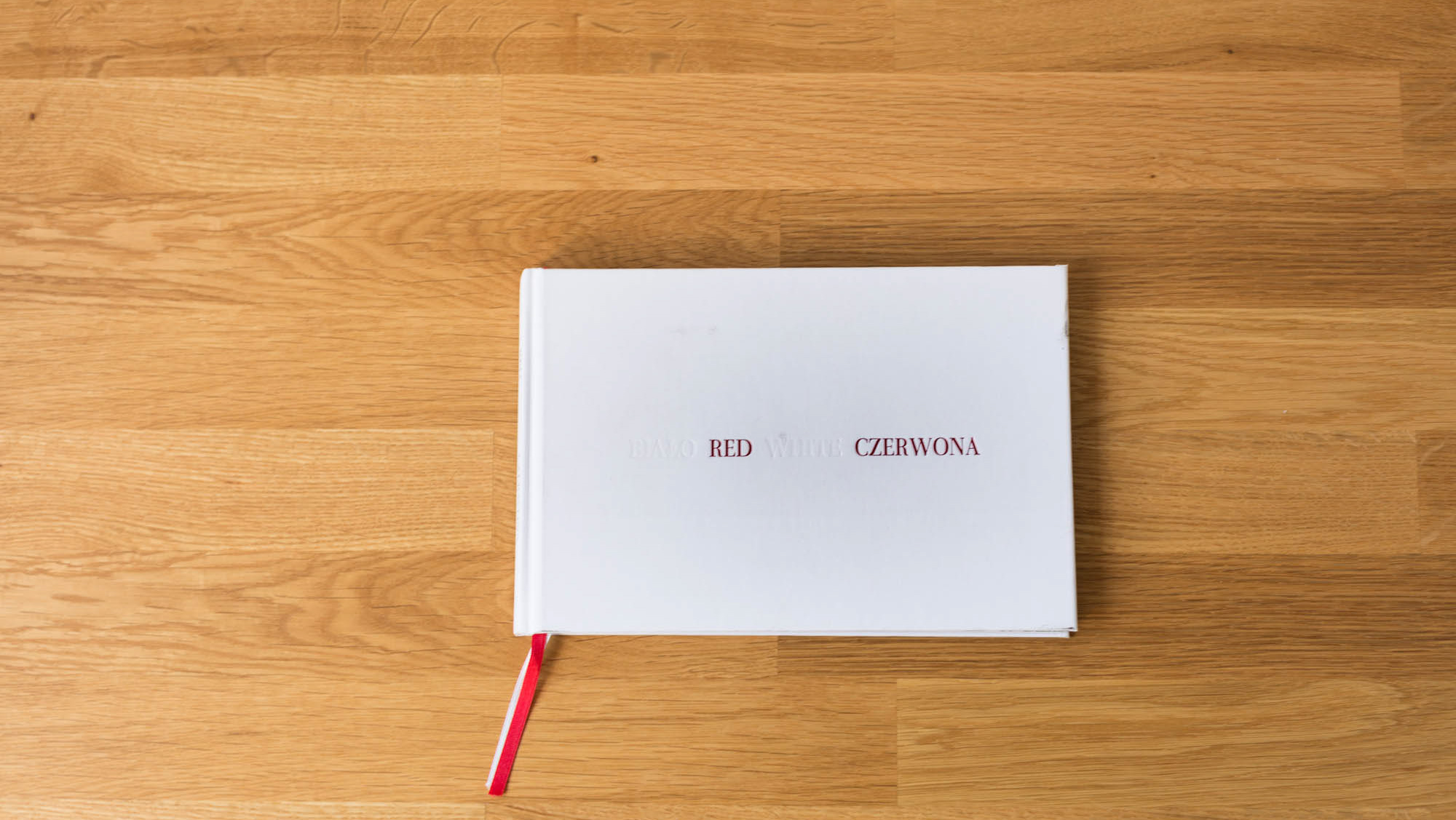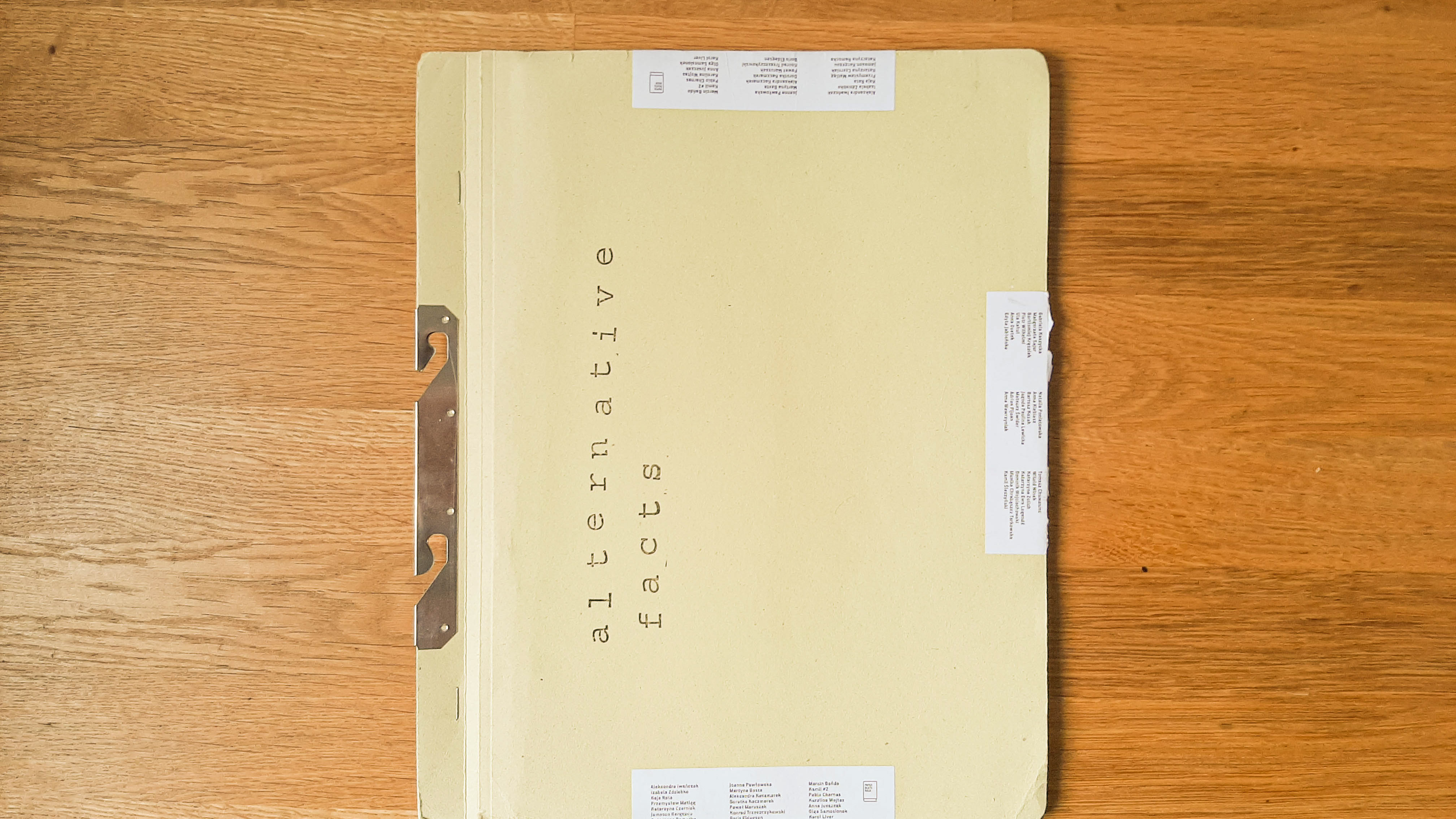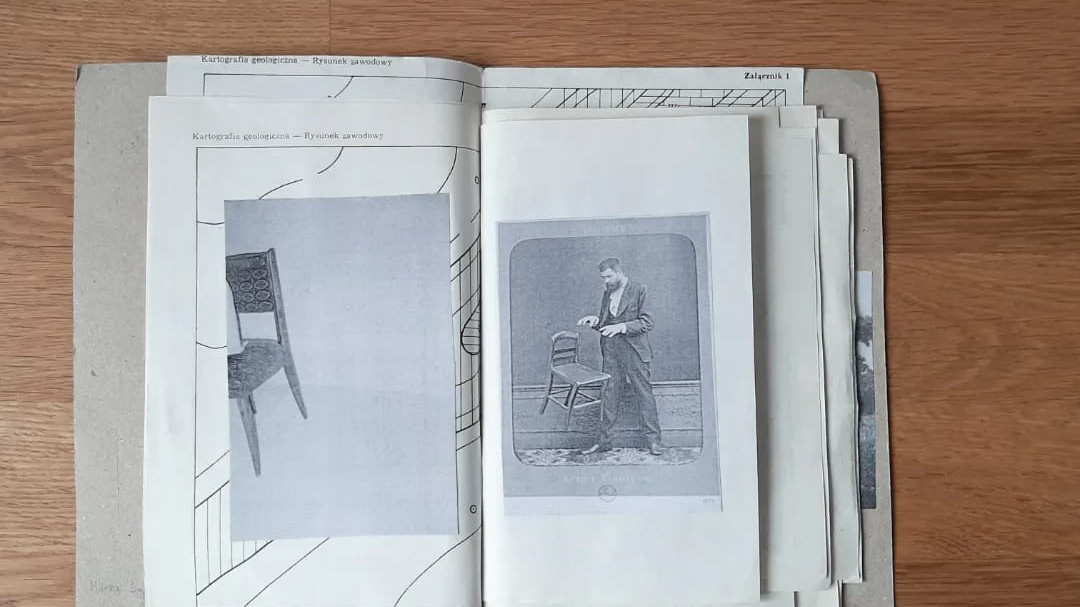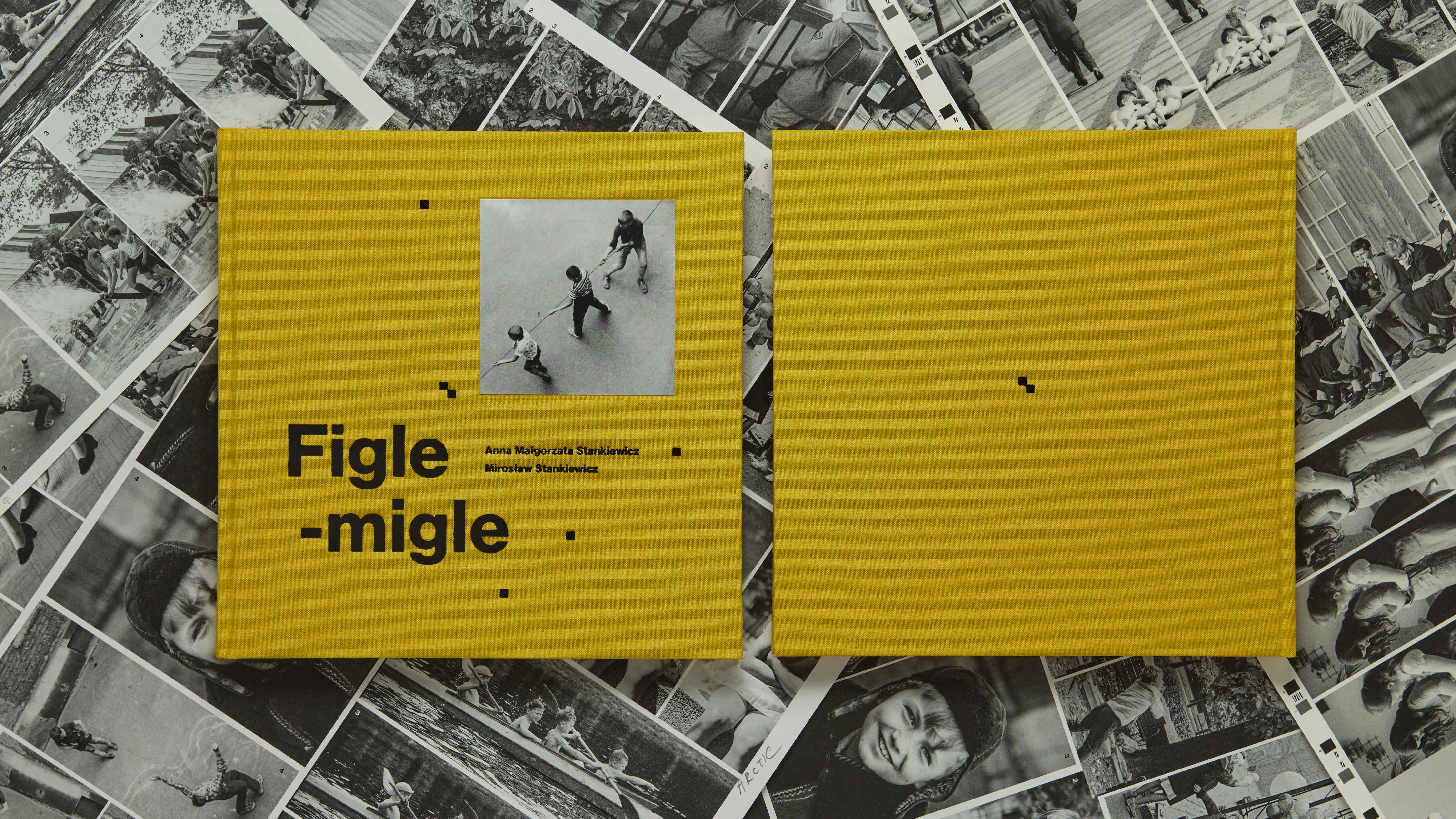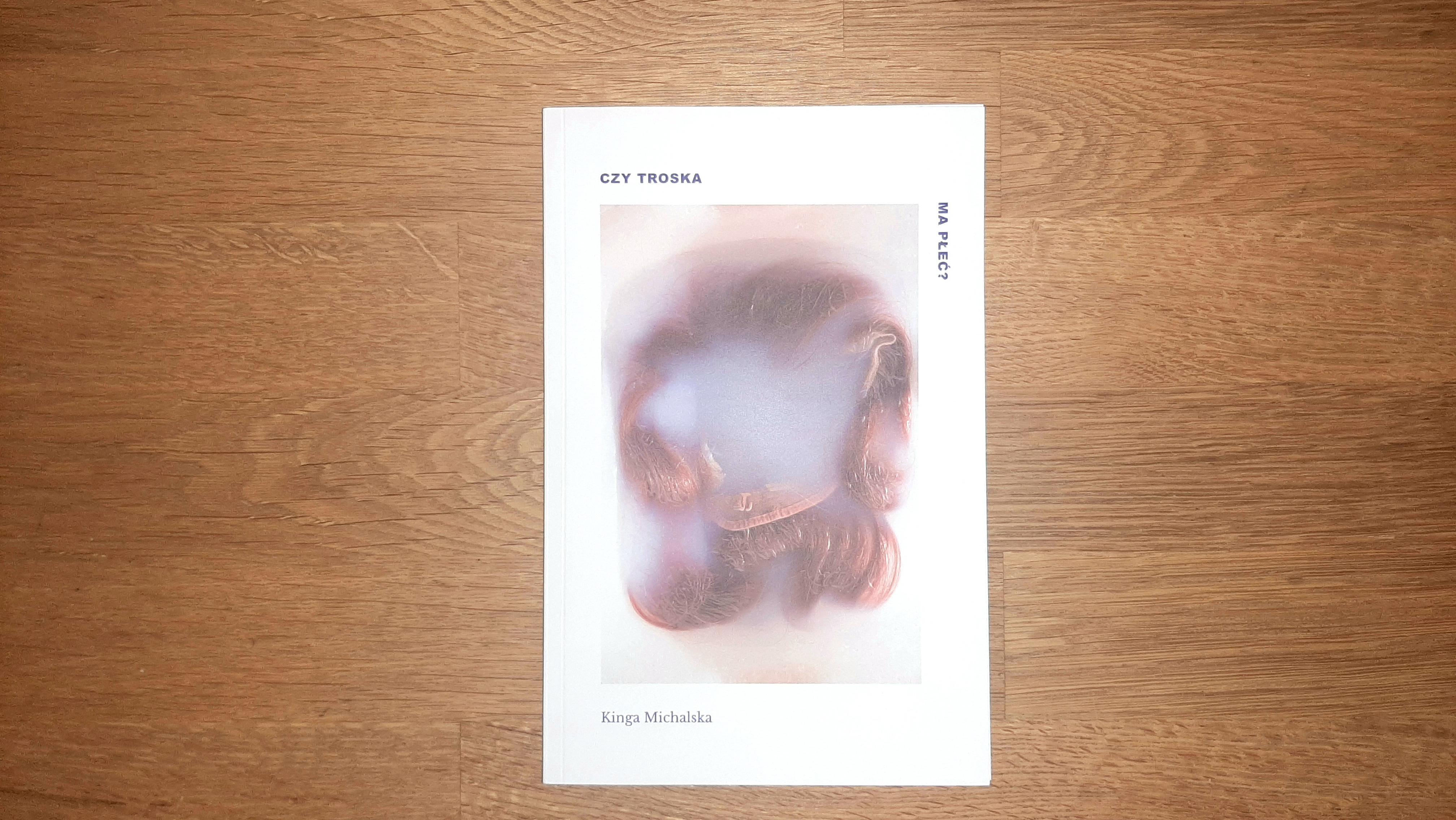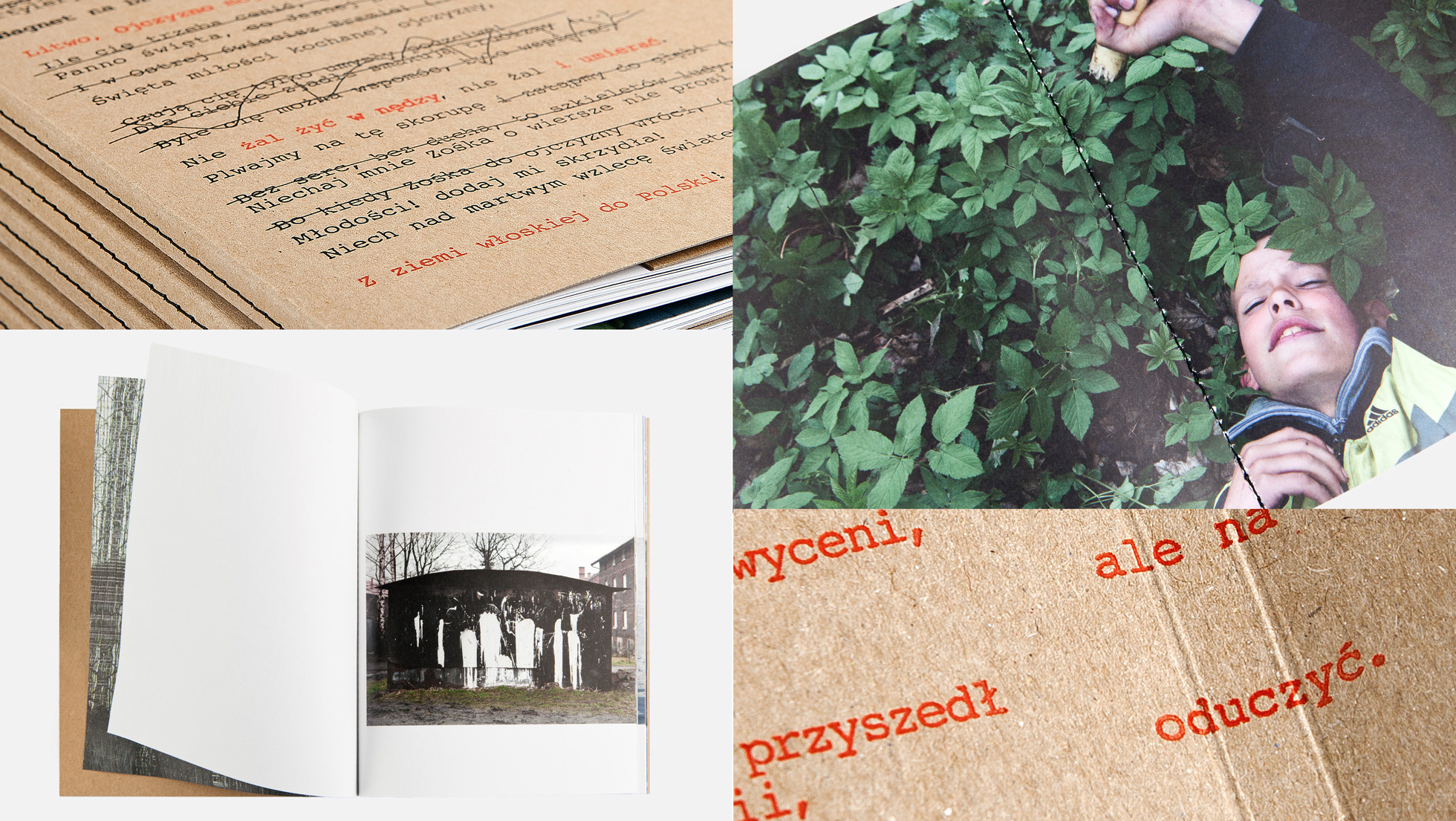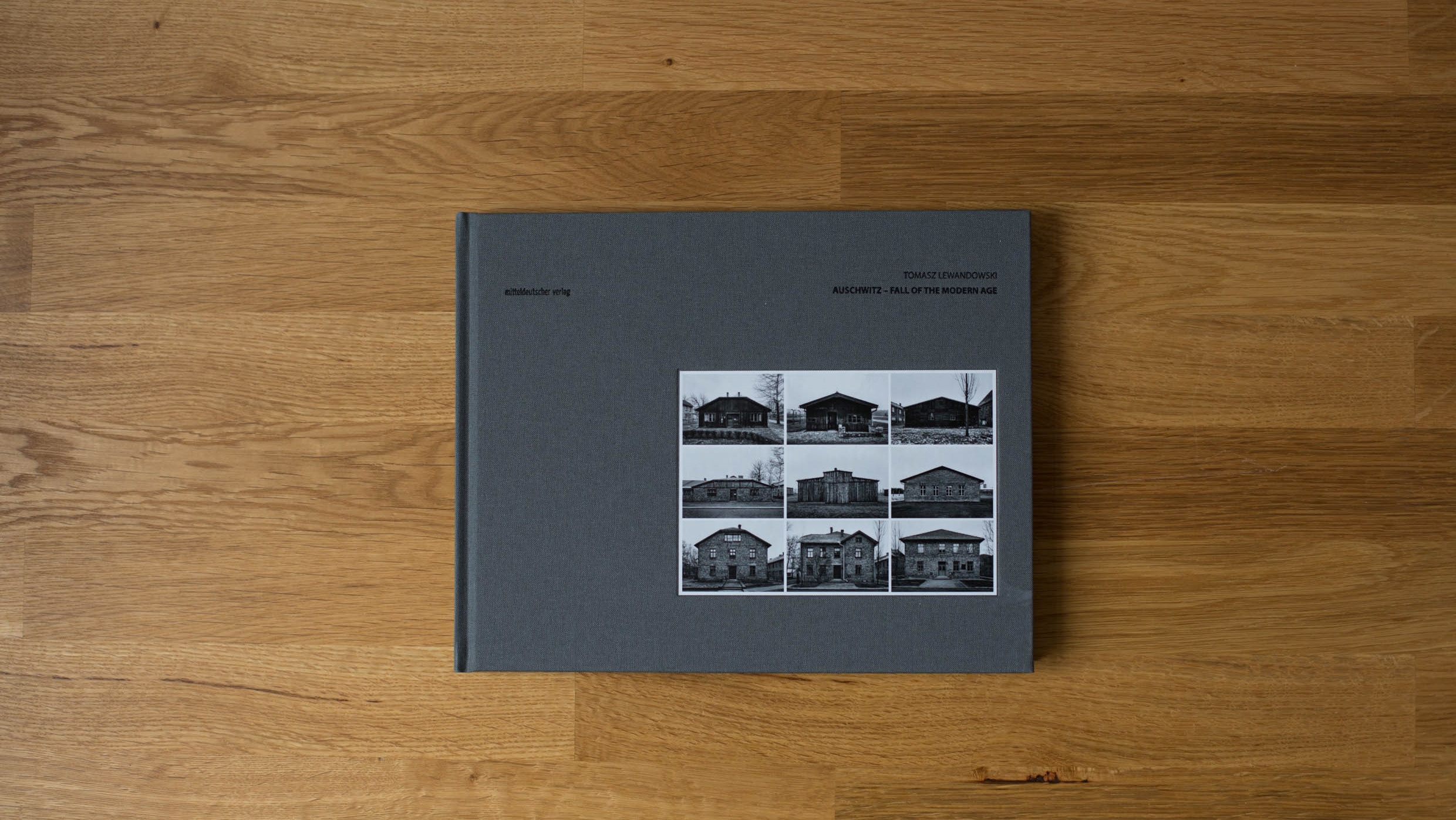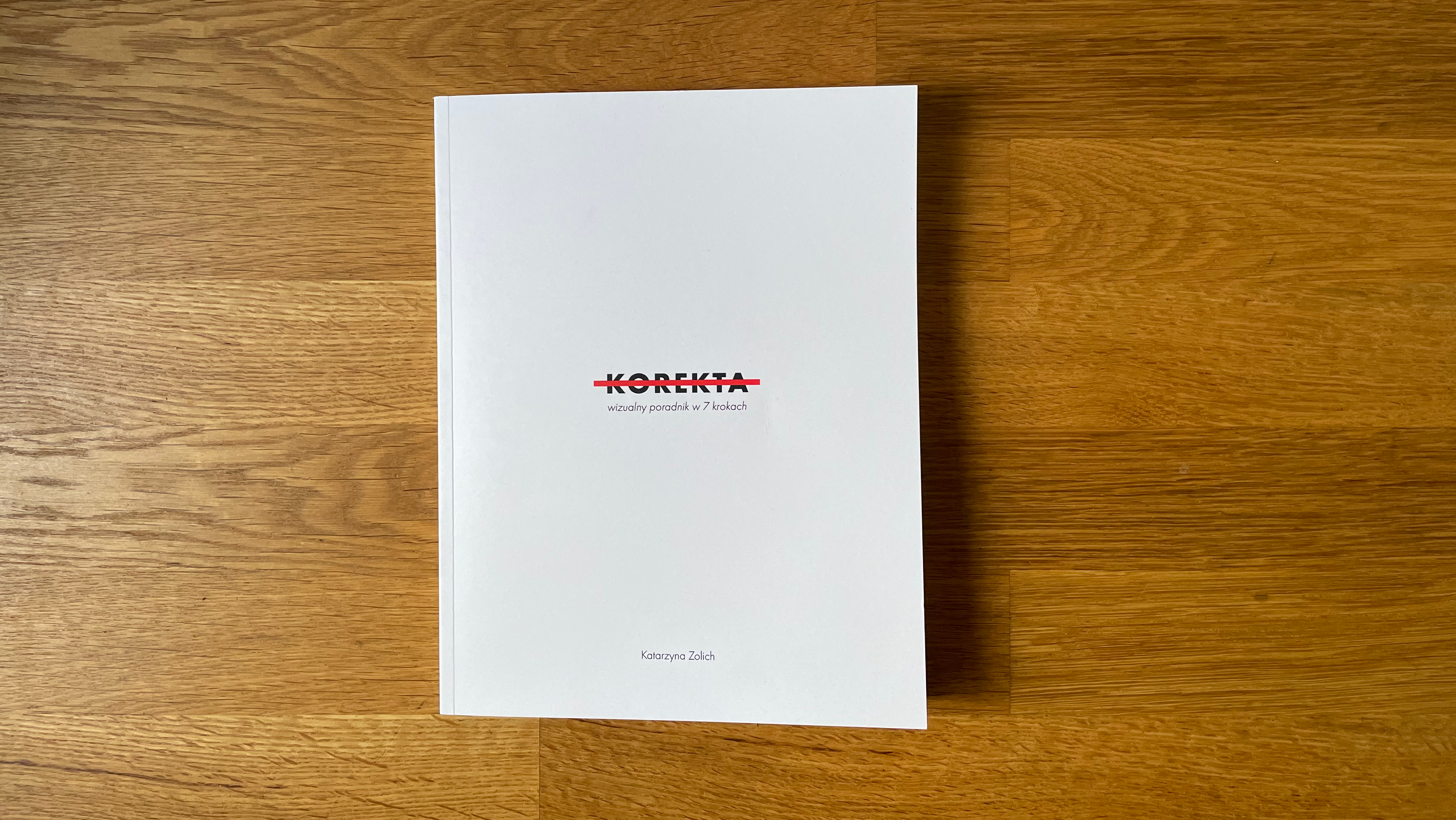Autor: Barbara Kubska
Tytuł: City / Photography / Archive, Miasto, fotografia, archiwum
Projekt: Katarzyna Wolny-Grządziel
Tytuł: City / Photography / Archive, Miasto, fotografia, archiwum
Projekt: Katarzyna Wolny-Grządziel
Wydawca: Akademia Sztuk Pięknych w Katowicach
Druk: Wydawnictwo Eksperymentalne X-Press
Druk: Wydawnictwo Eksperymentalne X-Press
Data i miejsce: Katowice, 2020
Format i oprawa: A5, oprawa szwajcarska miękka
Format i oprawa: A5, oprawa szwajcarska miękka
Edycja: 100
Rozmiar: 174,6 x 232,8 mm
Ilość stron, ilość obrazów: 60 stron
Rodzaj druku, rodzaj papieru: risografia, papier: Munken Lynx Rough
Gatunek: Książka fotograficzna
Rozmiar: 174,6 x 232,8 mm
Ilość stron, ilość obrazów: 60 stron
Rodzaj druku, rodzaj papieru: risografia, papier: Munken Lynx Rough
Gatunek: Książka fotograficzna
Opis:
Książka powstała na bazie archiwum fotografii dokumentujących powstawanie miasta Tychy z lat 50–80 XX w., autorstwa Zygmunta Kubskiego – dziadka autorki, znajdujących się w kolekcji Muzeum Miejskiego w Tychach. Przez kadrowanie i zestawianie ze sobą fragmentów fotografii, autorka przygląda się życiu codziennemu i jego bohaterom. Podąża za przypadkowymi postaciami na zdjęciach, poszukuje znajomych twarzy, interesują ją gesty, ruch. Przygląda się im na niewielkich fragmentach fotografii, bo niemal całe kadry autor zdecydował się poświęcić przestrzeni miasta. W swobodny sposób prowadzi grę między spojrzeniem autora fotografii a własnym sposobem widzenia tego zbioru. Użycie niestandardowej metody druku – risografii – pozwoliło uzyskać efekty nawiązujące do czasów powstania zdjęć. Dzięki temu każdy egzemplarz jest niepowtarzalny – posiada drobne wady drukarskie, takie jak pyłki czy przesunięciem matrycy – a materiał fotograficzny ma surowy, gazetowy charakter. Cechy haptyczne książki są istotnym elementem projektu. Fotografiom towarzyszy tekst Justyny Balisz-Schmelz W cieniu socjalistycznej utopii oraz komentarz odautorski.
Książka powstała na bazie archiwum fotografii dokumentujących powstawanie miasta Tychy z lat 50–80 XX w., autorstwa Zygmunta Kubskiego – dziadka autorki, znajdujących się w kolekcji Muzeum Miejskiego w Tychach. Przez kadrowanie i zestawianie ze sobą fragmentów fotografii, autorka przygląda się życiu codziennemu i jego bohaterom. Podąża za przypadkowymi postaciami na zdjęciach, poszukuje znajomych twarzy, interesują ją gesty, ruch. Przygląda się im na niewielkich fragmentach fotografii, bo niemal całe kadry autor zdecydował się poświęcić przestrzeni miasta. W swobodny sposób prowadzi grę między spojrzeniem autora fotografii a własnym sposobem widzenia tego zbioru. Użycie niestandardowej metody druku – risografii – pozwoliło uzyskać efekty nawiązujące do czasów powstania zdjęć. Dzięki temu każdy egzemplarz jest niepowtarzalny – posiada drobne wady drukarskie, takie jak pyłki czy przesunięciem matrycy – a materiał fotograficzny ma surowy, gazetowy charakter. Cechy haptyczne książki są istotnym elementem projektu. Fotografiom towarzyszy tekst Justyny Balisz-Schmelz W cieniu socjalistycznej utopii oraz komentarz odautorski.
ENG:
Among the snapshots showing the step-by-step process of building the New City of Tychy, I found familiar faces of friends and family, including my grandfather – the amateur photographer who authored the photos. These few images from thousands of scanned negatives prompted me to look at the images even more closely. On their fringes I can see the simplest of things: the morning hustle and bustle, the joy and weariness of passers-by, adults working and children playing on a construction site of a new city. A city holding the promise of a better future for newcomers. A city without chimneys, an expression of modern desires, a socialist modernist symbol of progress. Depicted – perhaps erroneously – as a place without history. Inhabited by newcomers from all over the country, looking for their place within the post-war borders, or simply arriving for want of getting a flat quickly. I am fascinated by these random subjects, barely noticeable faces, gestures, constant movement. They are all shown in the microscale of a photograph, or rather in small fragments of it, as the author decided to devote almost entire frames to the city. The city is documented with the affection of an enthusiast – a man involved in the process regardless of the political likes and dislikes of those times. [...]
Among the snapshots showing the step-by-step process of building the New City of Tychy, I found familiar faces of friends and family, including my grandfather – the amateur photographer who authored the photos. These few images from thousands of scanned negatives prompted me to look at the images even more closely. On their fringes I can see the simplest of things: the morning hustle and bustle, the joy and weariness of passers-by, adults working and children playing on a construction site of a new city. A city holding the promise of a better future for newcomers. A city without chimneys, an expression of modern desires, a socialist modernist symbol of progress. Depicted – perhaps erroneously – as a place without history. Inhabited by newcomers from all over the country, looking for their place within the post-war borders, or simply arriving for want of getting a flat quickly. I am fascinated by these random subjects, barely noticeable faces, gestures, constant movement. They are all shown in the microscale of a photograph, or rather in small fragments of it, as the author decided to devote almost entire frames to the city. The city is documented with the affection of an enthusiast – a man involved in the process regardless of the political likes and dislikes of those times. [...]
